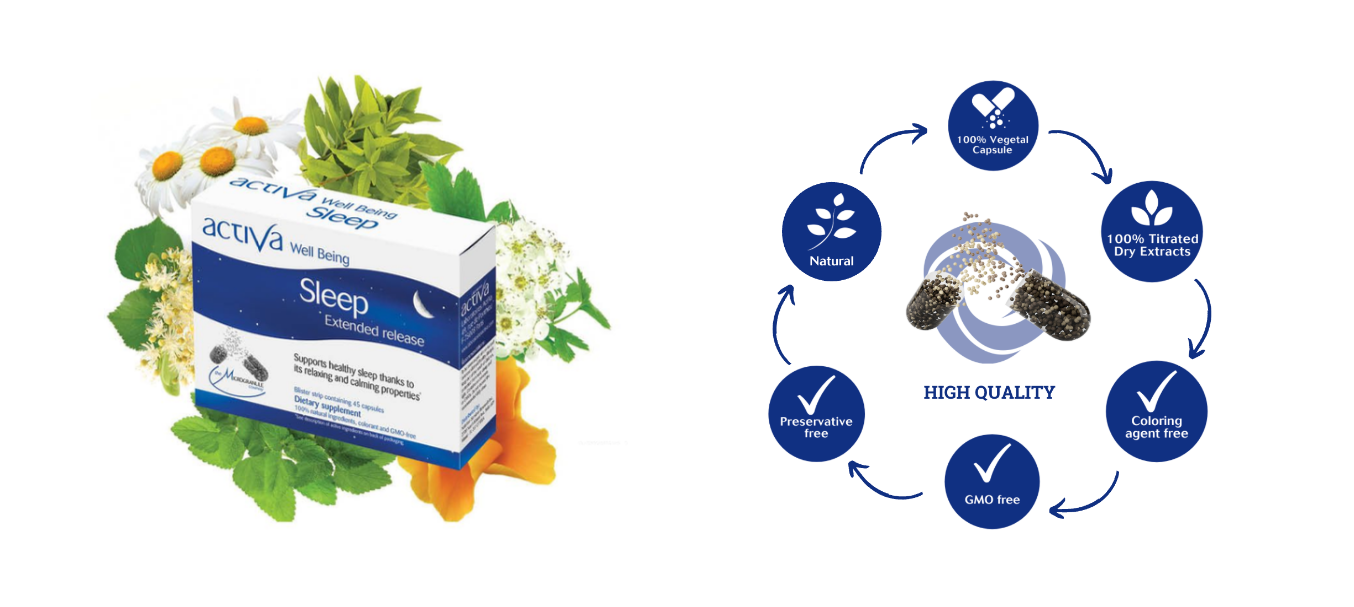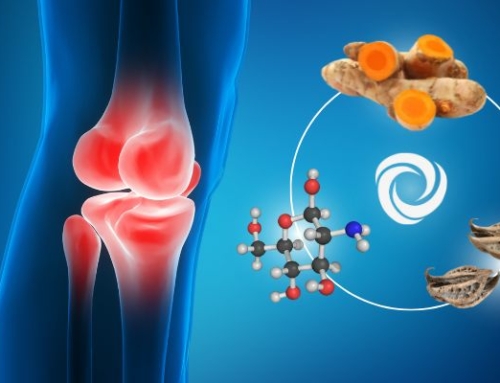Sleep key benefits for the Organism

We spend about a third of our lives sleeping. Sleeping is one of the body’s vital functions together with breathing, digestion and immunity.
It has obviously been demonstrated, from observing sleep-deprived persons, that sleep is essential to maintain the functions of learning, memorization and adaptation to new circumstances. It also plays a key role in the state of well-being during the day.
Recent studies suggest that sleep helps maintain connections between neurons (synapses), thus consolidating innate and acquired memory. Sleep then favors the assimilation, storage and organization of new knowledge: these processes require the brain to be cut off from external stimuli.
Another sleep key benefit is to rest the organism or at least reduce its energy expenditure and the reconstitution of its metabolic energy stocks (glycogen contained in the liver). Other systems, such as the cardiovascular system, benefit from this “rest” time.
Key benefits of sleep:
- Sleep allows your body to get rest and prepare itself for the next day
- Cells are able to rejuvenate and DNA repairs (1)
- Between 10 pm and 2 am the body detoxifies and heals itself
- Reduces stress and helps with hormonal balance
- Reduces inflammation
- Improves memory and concentration
- Increases energy level
- May help with weight loss (and thus reduce the risk of diabetes and obesity)
- Helps protect your heart
Anxiety, stress and depression are at the origin of more than half of insomnia cases. Other cases are due to challenges in lifestyle or environmental causes. An irregular rhythm of life or a noisy environment, for example, destructures sleep.
Occasional sleep disorders are linked to a particular event or a disturbing environment. When they become chronic, persisting over months or even years, their causes are most often psychological. They generally appear after a period of insomnia with a known cause and become psychophysiological. However, when the cause has disappeared, the insomnia persists through a conditioning mechanism that is mainly self-perpetuating due to the fear of not sleeping. It then evolves on its own.
Sleep disorders always have an impact on the quality of life during the day (2), and then on health: fatigue, irritability, mood, memory or concentration disorders, depression, etc…
The use of psychotic drugs is widely used to address sleep disorders, however it doesn’t offer a long term solution as it can create some serious dependencies and users may experience a “hangover” feeling when they wake up. Persistent and chronic sleep deprivation can harm health and getting medical advice is important. Finding the source of the stress, adjusting the lifestyle and the environment may offer a solution. The support of natural remedies such as herbal teas or natural plant based supplements containing soothing and relaxing plants that promote sleep can bring relief.

Promotes sleep and avoid night awakening
Synergy of Lime tree, Matricaria, Lemon Balm, Hawthorn and Eschscholzia


Each of these plants has active ingredients with their own properties, only a complex of those make possible to fight sleep disorders.
8 hours of efficiency, thanks to the extended release
Sources:
(1) https://www.youtube.com/watch?v=dqONk48l5vY
(2) Institut National du Sommeil et de la Vigilance






